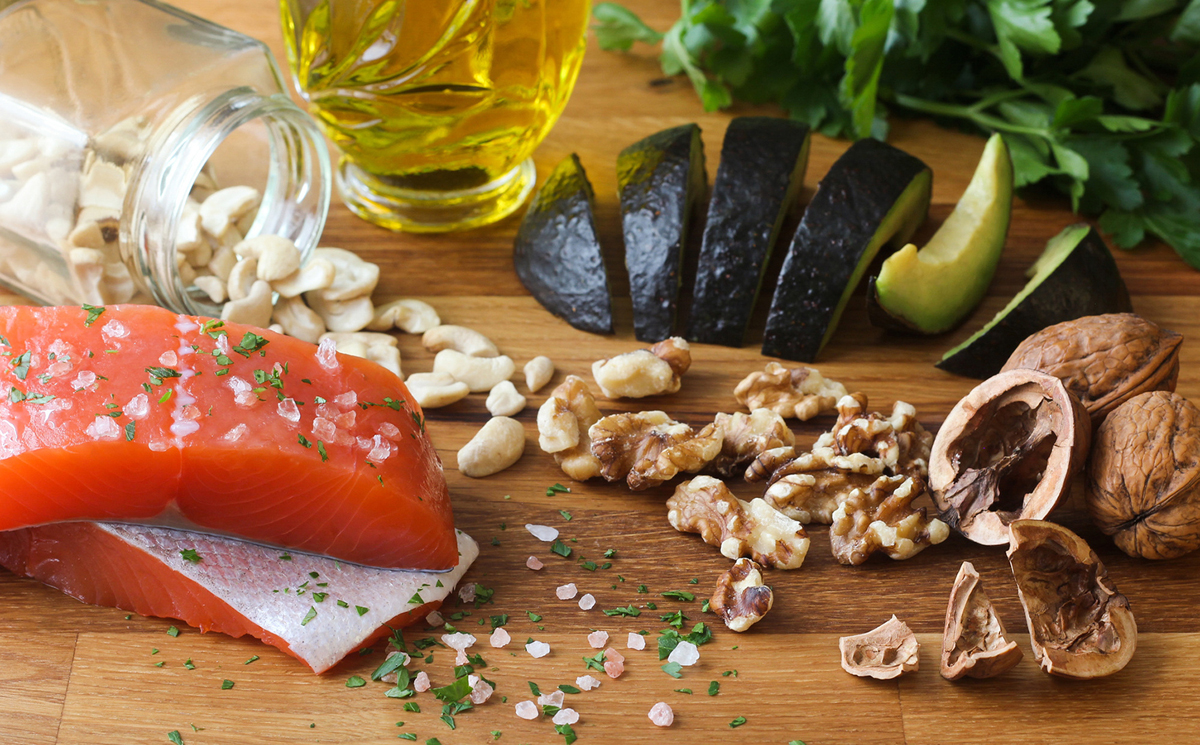Minerals and Your Body

We’ve all heard that it’s necessary to provide our bodies with vitamins and minerals, but few of us understand why. And while vitamins and minerals are very different, the body must have both. One obvious difference is that vitamins, because they contain carbon, are considered organic substances. Minerals lack carbon and therefore are classified as inorganic substances.
Inside the body, vitamins and minerals play many important roles. But whereas the body can continue to function without getting the recommended daily allotments of some vitamins, a mineral deficiency can lead to death. As important as they are, most people today don’t really know that much about minerals and how they impact the body.
Some of The Roles Minerals Play
In order to make the hemoglobin found in red blood cells, the body needs iron. In order to build strong teeth and bones, the body needs calcium. Calcium is also crucial for the proper functioning of the kidneys, muscles and nerves. Without adequate levels of Iodine, the thyroid gland cannot perform its most important task which is to produce energy. Manganese, selenium and zinc are antioxidants and some of their responsibilities include helping to heal wounds, helping the skeletal system develop properly, and protecting cell membranes. Chromium helps keep arteries clear.
The minerals the body needs are divided into two categories. These two categories are: Major minerals and Trace Minerals. The difference between the categories mainly has to do with the amounts the body requires. The body must have a minimum of 100 milligrams per day to carry out the bodily functions associated with the Major minerals. In the case of Trace minerals, on a per day basis, less than 100 milligrams are required.
The 7 Major Minerals Are:
- Calcium
- Phosphorus
- Magnesium
- Sodium
- Potassium
- Sulfur
- Chloride
The Trace Minerals Include:
- Chromium
- Copper
- Fluoride
- Iodine
- Iron
- Manganese
- Molybdenum
- Selenium
- Zinc
Mineral Sources
Interestingly, minerals come from the ground that covers the Earth. We don’t eat dirt and rocks, yet we get our minerals from the foods we eat. How can this be? Minerals primarily make their way into our bodies by way of the foods that grow from the ground and the animals that survive off the land. Fruits, vegetables, lean meats, poultry, dairy products, grains, legumes – these and others are the primary sources of the minerals our bodies need to survive.
What’s also interesting is that individuals who eat a lot of processed foods or who fail to consume a nutritionally-balanced diet often suffer from diseases that have been directly attributed to vitamin- and mineral-related deficiencies.
Much controversy surrounds the subject of mineral supplementation. Ideally, people should strive to meet their daily mineral requirements from food because, as is the case with some vitamins, excessive amounts of some minerals inside the body can have a toxic effect.
Minerals are used for creating automobiles, building, pots, pans and many other durable products. But most importantly for humans, minerals are needed to build and maintain strong bodies capable of functioning as designed!
The Author:
Dr. John Spencer Ellis
Each week, over one million people enjoy a fitness and wellness program created by John Spencer Ellis. His programs are implemented in the top resorts, spas and health clubs. John is the CEO of NESTA (National Exercise & Sports Trainers Association), the Spencer Institute for Life Coaching, and the Get America Fit Foundation.
He created Adventure Boot Camp, the largest fitness boot camp system in the world. His TriActive America signature series of outdoor exercise equipment is used worldwide. John has been featured on ABC, NBC, CBS, PBS, FOX, FOX Sports, FOX Reality, SPIKE and ESPN. He is the fitness and lifestyle expert on Bravo’s The Real Housewives of Orange County and Daybreak OC (KDOC news). John is the producer of the documentary The Compass (Jan. 2009).








